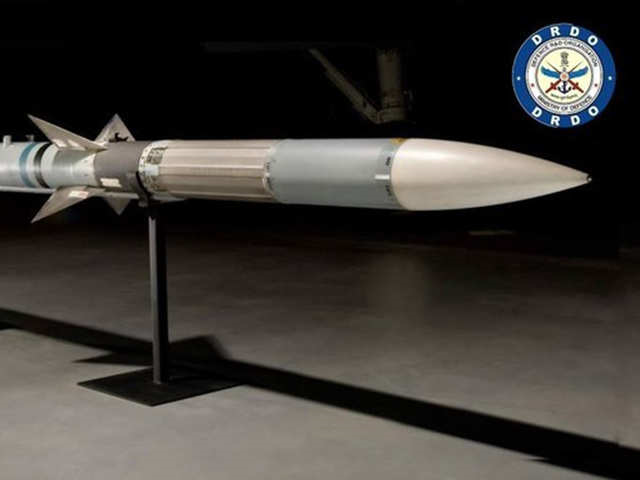UPSC Articles
8 Indian beaches awarded with Blue Flag
Part of: GS Prelims and GS-III – Environment; Climate change; Pollution
In news
- 8 beaches of India have been awarded the “Blue Flag” by an International Jury comprising of eminent members from UNEP, UNWTO, FEE, IUCN.
- Beaches: Shivrajpur (Dwarka-Gujarat), Ghoghla (Diu), Kasarkod and Padubidri (Karnataka), Kappad (Kerala), Rushikonda (AP), Golden (Puri-Odisha) and Radhanagar (A&N Islands).
- Accorded by: The Foundation of Environment Education (FEE) Denmark
Key takeaways
- India is also the first country in Asia-Pacific region which has achieved this feat in just about 2 years’ time.
- India is now in the league of 50 Blue Flag countries.
- SICOM, MoEFCC, carried out BEAMS – Beach Environment & Aesthetics Management Services under its Integrated Coastal Zone Management (ICZM) project.
- Aim of BEAMS: To strive for the International eco-label Blue flag.
Important value additions
Blue Flag certification
- The ‘Blue Flag’ is a certification that can be obtained by a beach, marina, or sustainable boating tourism operator.
- It serves as an eco-label.
- The certification is known as an indication of high environmental and quality standards.
- Blue Flag beaches are considered the cleanest beaches of the world.
- The certification is awarded by the Denmark-based non-profit Foundation for Environmental Education (FEE) with 33 stringent criteria under four major heads for the beaches: (i) Environmental Education and Information (ii) Bathing Water Quality (iii) Environment Management and Conservation and (iv) Safety and Services.
- The Blue Flag Programme started in France in 1985 and in areas outside Europe since 2001.












